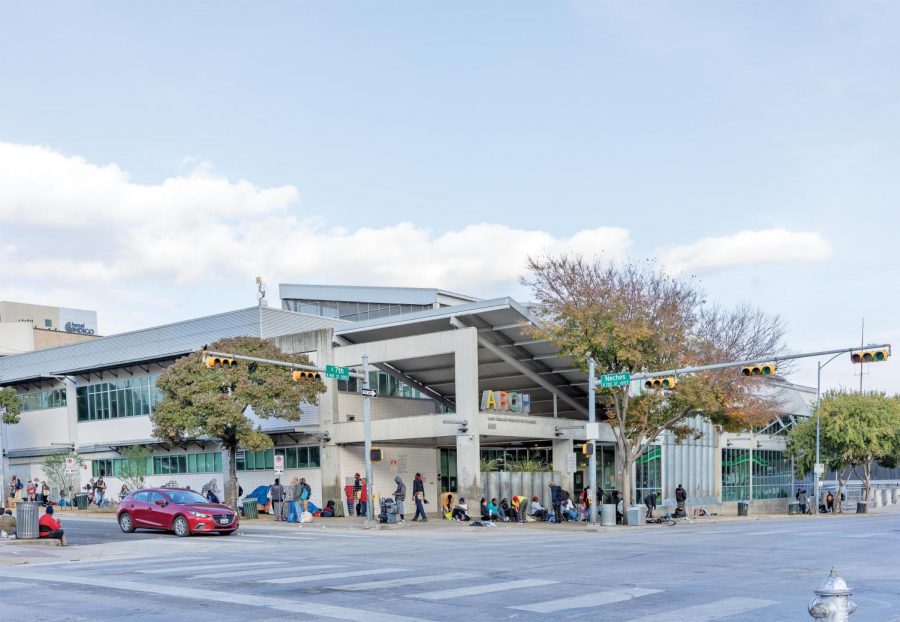New shelter near airport set to house homeless population in Austin, says Abbott
The ARCH shelter, located on 500 East 7th Street, offer dental and vision care, case management and behavioral health care, among other services. Patients are seen on both walk in and appointment basis.
Gov. Greg Abbott announced his plan to convert five acres of land near the Austin-Bergstrom Airport into an encampment for people experiencing homelessness in Austin. This announcement comes after months of tension between Abbott and the city of Austin due to Austin’s dialing back on laws targeting individuals experiencing homelessness.
While statistics have shown that Austin’s homeless population is significantly lower than other Texas cities like Dallas and Houston, the governor has consistently questioned the way homelessness is being addressed through social media and public statements.
National advocates for the homeless, like Eric Tars, director for the National Law Center on Homelessness & Poverty, said that “outside of the national disaster context, I’m not aware of any state setting up an encampment like this.”
Work has already begun on the new site. Handwashing stations and port-a-potties are in place and construction workers from the Texas Department of Transportation (TxDOT) were seen leveling dirt and setting up for the new residents. John Wittman, spokesman for Governor Abbott, said that this solution would “provide access to healthcare providers and homeless caseworkers to provide care for the homeless” while also providing 24-hour security for the occupants of the encampment site.
In stark contrast to Gov. Abbott, Mayor Steve Adler sees the homelessness crisis as one that needs to be seen to be addressed. Adler has been consistent in his message: “The best way to do this is not to hide people but to actually house them.”
He also said that while shelters are “an important part of the range of housing we need,” the city will continue to focus on permanent housing, saying, “We could really use the state’s help here, too.”
A rising concern with the future shelter is that, according to State Rep. Eddie Rodriguez, it’s located in an area that is “primarily Hispanic and exists in one of the most historically underserved parts of Austin.”
Responses to this problem have not been exclusively coming from the public sector. Business leaders from the Austin Chamber of Commerce said they would raise money for a shelter that would house around 300 individuals. Advocacy groups for the homeless population have continued to support Austin’s homeless. Funding for groups that support the homeless, like the Austin Resource Center for the Homeless (ARCH), remains.







